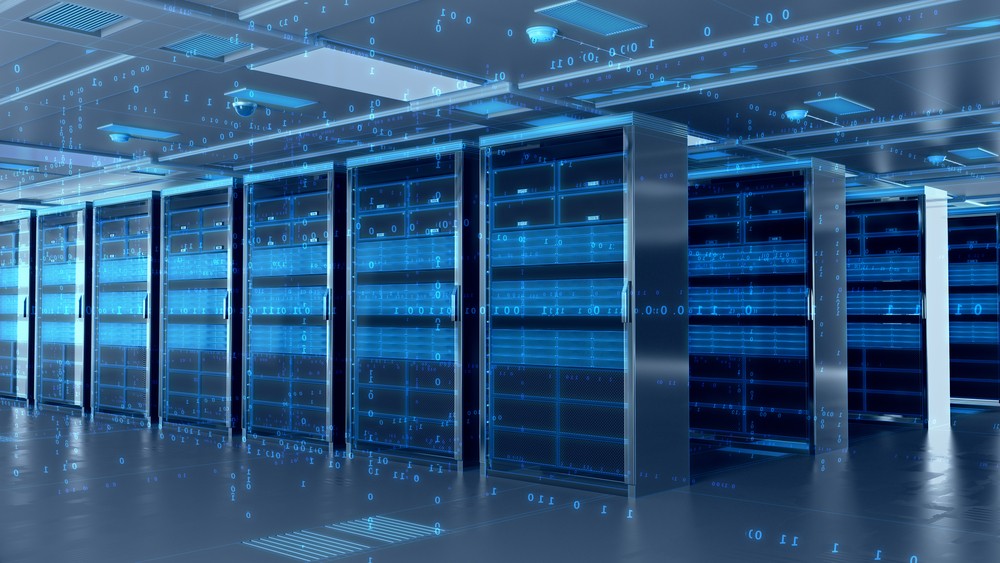The paper provides a detailed guide on how technological developments in analytics, sensors and systems management can help data centre operators to harness the capabilities of disparate local energy sources to improve the resilience of their facilities. Additional benefits of microgrids include the ability to implement cost-savings, reduce demands on mains power supply and boost sustainability efforts, which are becoming an increasing concern for data centre end-users, colocation operators and governments globally.
“With sophisticated data centre technologies continuing to evolve and become more available, operators can utilise microgrids to improve resilience, energy efficiency and drive sustainable operations,” said Marc Garner, VP, Secure Power Division, Schneider Electric UK&I. “With this technology, colocation providers can also integrate on-site renewables such as wind and solar, and generate new revenue by both storing electricity and selling it back to the grid during peak demand.”
What is a Microgrid? A microgrid is a local energy system, encompassing one or more electrical power generating resources and energy management controls, that provides secure power to consumers, which may comprise a single large entity such as a data centre, or a cluster of facilities in close proximity to each other. The energy resources may include: onsite diesel generators, primarily used as backup power sources to the mains utility; combined cooling, heat and power (CCHP) systems in which gas engines or turbines generate electricity; and energy storage systems, such as the batteries found in uninterruptible power supply (UPS) systems that maintain continuous power to a load.
Enhancing Resilience
The white paper details how a microgrid based on a three-layer architecture can be used to improve operational resilience. The first layer, comprising smart sensors based on Internet of Things (IoT) technology, provides monitoring and control capability to distributed energy assets. The second layer comprises a microgrid controller and associated software to allow local Edge control to take place in real time. At the top layer, applications, analytics and services, typically hosted in the cloud, help decision makers to optimise how and when to produce, consume and store energy.
This helps to manage a multi-layered approach to system resilience, ensuring that there is always sufficient battery and onsite generation capacity in place to withstand any outages from the mains that can impair operations.
Sustainability and efficiency
A microgrid can also help to optimise energy costs and maximise the use of sustainable energy. Onsite generation of solar or wind energy can be integrated into the energy mix using the advanced control systems now available at cost-effective prices. Combined with analytic software that can predict weather conditions likely to be conducive to renewable energy generation, operators can reduce demand on mains power or even sell energy back to the grid, thereby reducing costs and boosting the viability of environmentally friendly energy production. A recent report by Schneider Electric and 451 Research reveals the importance of sustainability and efficiency for multi-tenant data centre operators. Driven by customer demands, the report finds that 80% of colocation service providers have major sustainability programs in place to improve the way they design, build and operate their data centres. Furthermore 57% of respondents believe that efficiency and sustainability will be highly important competitive differentiators in the near future, and 97% say that some or all of their customers are looking for contractual commitments to sustainable practices.




